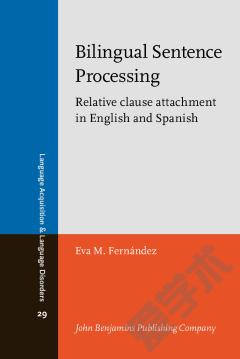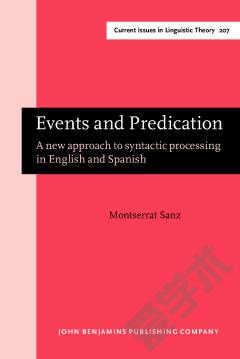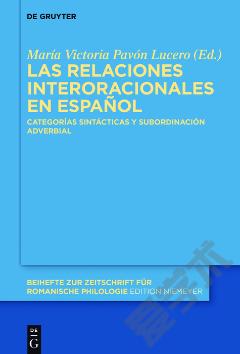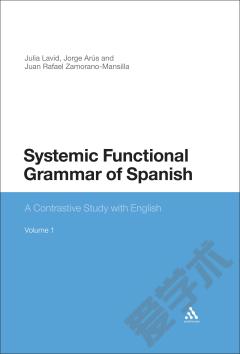Bilingual Sentence Processing. Relative clause attachment in English and Spanish.
The cross-linguistic differences documented in studies of relative clause attachment offer an invaluable opportunity to examine a particular aspect of bilingual sentence processing: Do bilinguals process their two languages as if they were monolingual speakers of each? This volume provides a review of existing research on relative clause attachment, showing that speakers of languages like English attach relative clauses differently than do speakers of languages like Spanish. Fernández reports the findings of an investigation with monolinguals and bilinguals, tested using speeded ("on-line") and unspeeded ("off-line") methodology, with materials in both English and Spanish. The experiments reveal similarities across the groups when the procedure is speeded, but differences with unspeeded questionnaires: The monolinguals replicate the standard cross-linguistic differences, while bilinguals have language-independent preferences determined by language dominance — bilinguals process stimuli in either of their languages according to the general preferences of monolinguals of their dominant language.
{{comment.content}}








 京公网安备 11010802027623号
京公网安备 11010802027623号